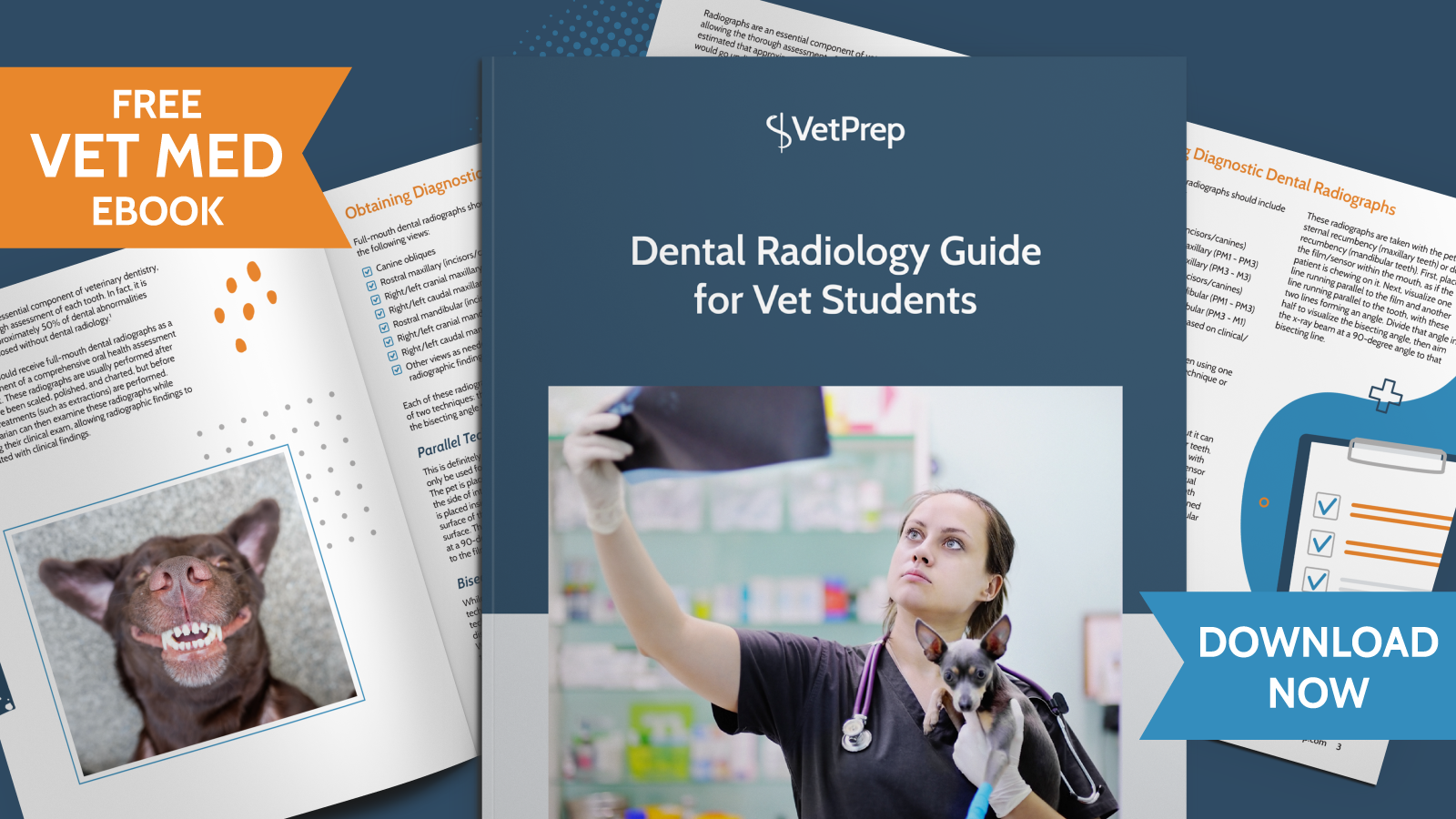
 As a general practice veterinarian, you will probably dedicate a significant amount of your time and energy to veterinary dentistry. While many patients only need a routine cleaning or a simple extraction, you will also encounter challenging cases that would benefit from more specialized care.
As a general practice veterinarian, you will probably dedicate a significant amount of your time and energy to veterinary dentistry. While many patients only need a routine cleaning or a simple extraction, you will also encounter challenging cases that would benefit from more specialized care.
When a challenging dentistry case comes along, it’s important to know what referral options are available to you and when a patient should be referred to a veterinary dentist.
Services Offered by Veterinary Dentists
Consider referral to a veterinary dentist any time you encounter dental disease that is outside your comfort zone. Just like there isn’t a specific list of indications for referring a patient to an internal medicine specialist, there isn’t a clear list of when it is and isn’t okay to send a patient to a veterinary dentist. It’s never wrong to offer a client the option of referral, even if you feel like another general practice vet would handle the case on their own.

Here are some of the more common situations in which you might recommend referral:
- Root canals
- Fillings
- Crowns
- Orthodontics
- Complex or multi-rooted extractions
- Extractions in small dogs with significant periodontal disease and bone loss
- Maxillary/mandibular fracture repair
- Treatment of palate defects
- Full mouth extractions in cats with stomatitis
Some veterinary dentists also offer consultation services for referring veterinarians. For example, they might be willing to review your dental radiographs for a small fee. Reach out to your local veterinary dentist to find out what services they offer for general practice veterinarians in your area, so you are prepared when you encounter a challenging case.
Locating a Board-Certified Veterinary Dentist
Depending on your area of the country, finding a dental specialist can be a challenge. Larger cities may have plenty of veterinary dentists available, while other locations do not have an available veterinary dentist in the entire state. This can create a challenge for clients who would like that level of care but are unwilling or unable to travel long distances with their pet. Consult the American Veterinary Dental College’s list of board-certified dentists here.
If you are in an area that lacks access to a board-certified dentist, talk to your colleagues to figure out your alternatives. In many areas, there are veterinarians with a special interest in dentistry, even if they aren’t board certified. These veterinarians may have taken extensive continuing education in veterinary dentistry and may be able to perform many of the procedures that would ideally be performed by a board-certified veterinary dentist. These veterinarians can be a great option if you have limited access to board-certified dentists, as long as you are upfront with your clients. (Instead of referring to these veterinarians as veterinary dentists, you should clarify that the vet is “a general practice vet who has some additional training in challenging veterinary cases,” or whatever similar wording feels natural for you.)
Expand Your Knowledge Base
If you’re like most veterinary students, you may not have received a lot of dental education in vet school. In your first few years out of school, ensure that at least some of your continuing education is in the field of veterinary dentistry. Identify mentors who are trained and experienced in dentistry, and learn from those individuals. Over time, you may find yourself learning to tackle more specialized dental procedures and may even decide to pursue board certification as a veterinary dentist.



